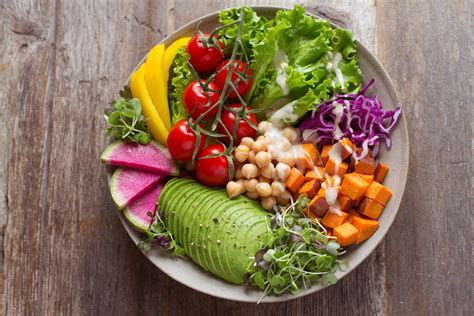What natural strategies optimize testosterone for men’s vitality & performance?

Testosterone, often hailed as the cornerstone of male vitality, plays a crucial role in everything from muscle mass and bone density to mood, energy levels, and libido. While synthetic interventions exist, many men seek natural pathways to optimize their testosterone levels, aiming for sustainable health and performance improvements. The good news is that several lifestyle modifications can significantly impact this vital hormone.
The Foundations: Diet and Nutrition
What you eat directly influences your hormonal balance. A diet rich in whole foods, healthy fats, and adequate protein is paramount for testosterone production. Focus on:
- Healthy Fats: Monounsaturated and saturated fats, found in avocados, nuts, olive oil, and red meat, are precursors to cholesterol, which is essential for testosterone synthesis. Don’t shy away from healthy fats.
- Protein: Sufficient protein intake supports muscle maintenance and growth, which indirectly aids testosterone levels. Aim for lean meats, fish, eggs, and legumes.
- Micronutrients: Zinc and Vitamin D are particularly critical. Zinc, found in oysters, beef, and pumpkin seeds, is a direct component of testosterone synthesis. Vitamin D, often called the ‘sunshine vitamin,’ functions as a steroid hormone in the body and is strongly linked to testosterone levels. Supplementation may be beneficial, especially for those with limited sun exposure.
- Limit Sugar and Processed Foods: High sugar intake can lead to insulin resistance, which has been shown to negatively impact testosterone.

Move Your Body: Exercise and Strength Training
Regular physical activity, especially resistance training and high-intensity interval training (HIIT), is a powerful natural testosterone booster. Lifting weights stimulates muscle growth and triggers a significant hormonal response.
- Strength Training: Compound exercises like squats, deadlifts, bench presses, and rows engage multiple muscle groups and lead to a greater hormonal release compared to isolation exercises. Aim for 3-4 sessions per week.
- High-Intensity Interval Training (HIIT): Short bursts of intense exercise followed by brief recovery periods can also elevate testosterone levels and improve overall fitness.
- Avoid Overtraining: While exercise is beneficial, excessive or prolonged endurance training without adequate recovery can actually decrease testosterone. Listen to your body and prioritize recovery.
The Power of Rest: Sleep Optimization
In our fast-paced world, quality sleep is often overlooked, yet it’s incredibly vital for hormonal health. The majority of your body’s testosterone is produced during sleep, particularly during the deep REM stages.
- Aim for 7-9 Hours: Consistent, good-quality sleep is non-negotiable for optimal testosterone. Studies show that even a week of restricted sleep can significantly lower testosterone levels in healthy young men.
- Improve Sleep Hygiene: Create a dark, quiet, and cool bedroom environment. Avoid screens an hour before bed, and establish a regular sleep schedule, even on weekends.

Managing Modern Stress: Cortisol and Testosterone
Chronic stress is a silent killer of testosterone. When stressed, your body produces cortisol, a hormone that, in high levels, directly inhibits testosterone production. This is an evolutionary survival mechanism, but in modern life, chronic stress becomes detrimental.
- Mindfulness and Meditation: Practices like meditation, deep breathing exercises, and yoga can significantly reduce cortisol levels.
- Hobbies and Relaxation: Engage in activities you enjoy, spend time in nature, or connect with loved ones to help unwind and de-stress.
- Time Management: Better organization can reduce feelings of overwhelm and help manage daily stressors more effectively.
Beyond the Basics: Other Lifestyle Factors
While diet, exercise, sleep, and stress are the major pillars, other factors also contribute to maintaining healthy testosterone levels.
- Maintain a Healthy Weight: Obesity, especially abdominal fat, is strongly linked to lower testosterone. Fat cells contain an enzyme called aromatase, which converts testosterone into estrogen.
- Limit Alcohol Consumption: Excessive alcohol intake can disrupt the endocrine system and impair testosterone production.
- Reduce Exposure to Endocrine Disruptors: Certain chemicals found in plastics (BPA), pesticides, and personal care products can mimic hormones and interfere with your body’s natural hormonal balance.

Conclusion
Optimizing testosterone naturally is a holistic endeavor that integrates various aspects of a healthy lifestyle. By focusing on a nutrient-dense diet, engaging in consistent strength training and HIIT, prioritizing sufficient quality sleep, and effectively managing stress, men can significantly boost their natural testosterone production. These natural strategies not only support hormonal balance but also contribute to overall improved vitality, performance, and a higher quality of life, without relying on synthetic interventions.









